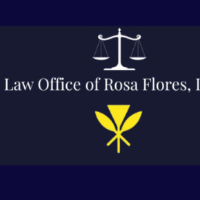 Ewa Beach Child Custody Lawyers, Hawaii
Ewa Beach Child Custody Lawyers, Hawaii
Includes: Guardianships & Conservatorships, Custody & Visitation
Sponsored Lawyers
1-5 of 5 matches
Divorce & Family Law, Criminal, Guardianships & Conservatorships, Paternity
Practicing across all islands in the State, primarily in the areas of Family Law-divorce, custody, paternity, child support, guardianship, adoption, child support, restraining orders--and Criminal Defense, and Appeals.
(more)Estate, Lawsuit & Dispute, Business, Adoption, Child Custody






